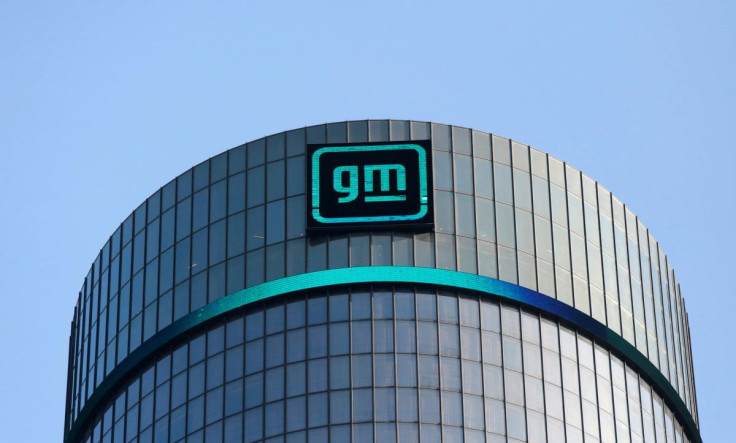GM Seeks U.S Approval To Deploy Self-driving Vehicle

General Motors Co and its self-driving technology unit Cruise have petitioned U.S. regulators for permission to build and deploy a self-driving vehicle without human controls like steering wheels or brake pedals, Cruise said Friday.
Cruise said in a blog post https://www.getcruise.com/news/seeking-nhtsa-review-of-the-origin it sought permission to deploy the Cruise Origin that does not need features like a steering wheel to operate safely. The National Highway Traffic Safety Administration (NHTSA) has authority to grant petitions to allow a limited number of vehicles to temporarily operate on U.S. roads that do not have required human controls.
Cruise and GM first disclosed in October 2020 they planned to seek approval from NHTSA within months to deploy the Cruise Origin.
In 2018, GM petitioned NHTSA to allow a car built on a Chevrolet Bolt without steering wheels or brake pedals on U.S. roads. In late 2020, GM withdrew the petition.
NHTSA, which spent 15 months reviewing the first GM petition before seeking public comment, declined to comment Friday. Legislation to speed deployment of self-driving cars on U.S. roads without human controls has stalled in Congress.
Cruise unveiled the Origin, which only has two long seats facing each other that can comfortably fit four passengers, in January 2020.
Under current law, companies can seek an exemption from motor vehicle safety standards for up to 2,500 vehicles for up to two years that do not meet existing federal rules.
The exemptions are for U.S. vehicle safety rules largely written decades ago that assumed human drivers would be in control of a vehicle.
GM sought in 2018 a temporary waiver on features like mirrors, dashboard warning lights and turn signals designed for a human driver. GM initially hoped to win approval to deploy the vehicles without human controls by the end of 2019.
© Copyright Thomson Reuters 2024. All rights reserved.





















